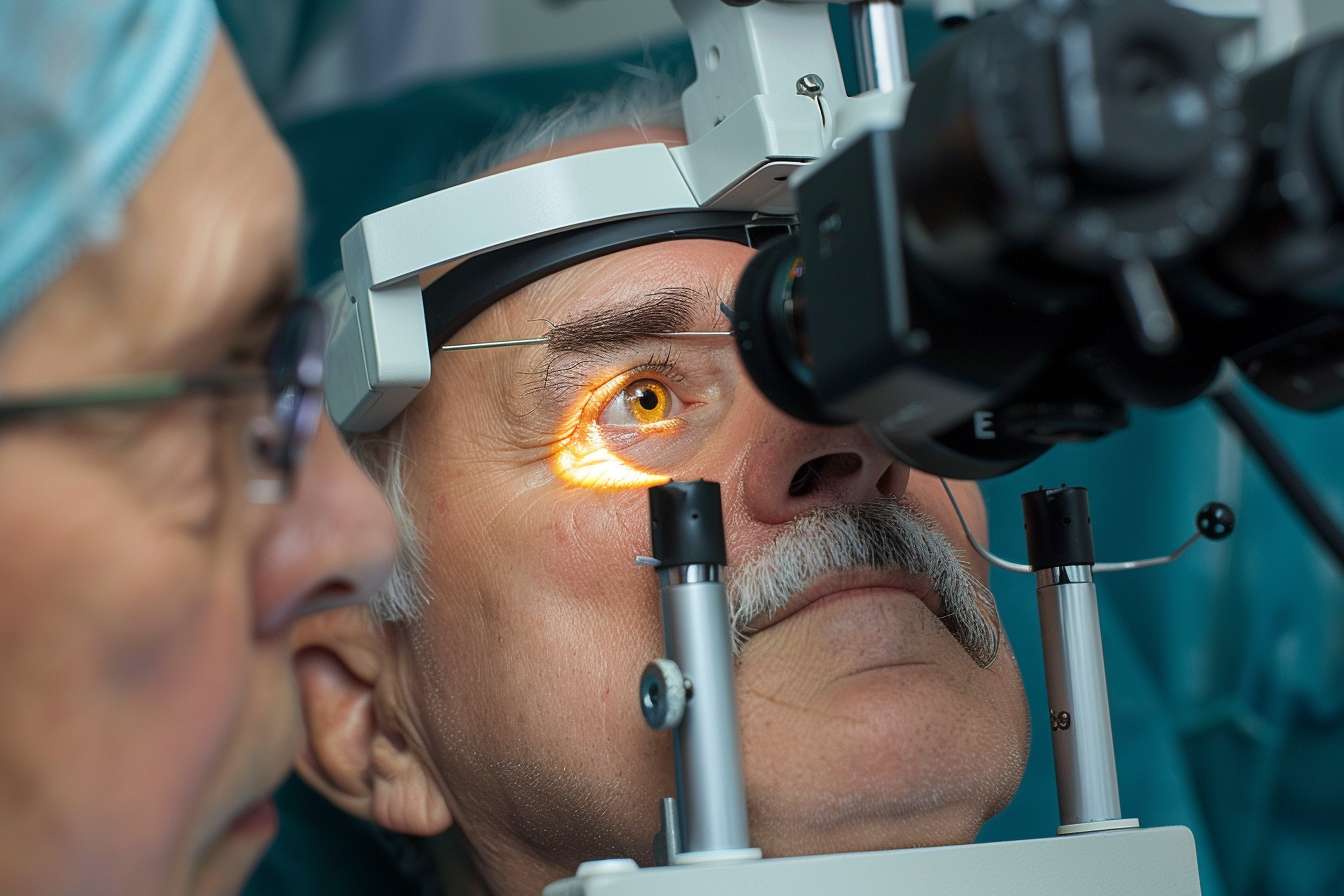Understanding Cataract Surgery: Advances, Costs, and Key Factors
Cataracts affect millions of people worldwide, causing cloudy vision that can interfere with daily activities. Fortunately, modern cataract surgery has become one of the safest and most effective procedures available today. With technological advances and improved surgical techniques, patients in Kazakhstan and around the world can now benefit from faster recovery times and better visual outcomes. This article explores the latest developments in cataract treatment, the factors influencing private surgery costs, and what you should consider when planning your procedure.

Cataract surgery has evolved significantly over the past few decades, transforming from a lengthy procedure requiring extended hospital stays into a quick outpatient treatment. Today’s techniques offer patients clearer vision and improved quality of life with minimal discomfort and downtime.
What Are the Latest Advances in Cataract Surgery?
Modern cataract surgery has benefited from numerous technological innovations that enhance precision and outcomes. Phacoemulsification, a technique using ultrasound waves to break up the cloudy lens, has become the standard approach. This minimally invasive method requires only a small incision, reducing healing time and complications. Femtosecond laser-assisted cataract surgery represents another breakthrough, offering computer-guided precision for creating incisions and fragmenting the cataract. Additionally, advanced intraocular lenses (IOLs) now provide options beyond simple vision correction, including multifocal and toric lenses that address presbyopia and astigmatism. These innovations allow surgeons to customize treatment based on individual patient needs, resulting in better visual outcomes and greater patient satisfaction.
How Do Private Eye Surgery Factors Affect Cataract Treatment Costs?
When considering private cataract surgery, several factors significantly influence the overall cost. The type of intraocular lens selected plays a major role, as premium lenses with advanced features typically cost more than standard monofocal lenses. The surgeon’s experience and reputation also affect pricing, with highly specialized ophthalmologists often charging higher fees. Facility fees vary depending on whether the procedure takes place in a hospital, surgical center, or private clinic. Geographic location within Kazakhstan can impact costs as well, with urban centers like Almaty and Nur-Sultan generally having higher prices than smaller cities. Pre-operative assessments, post-operative care, and any necessary medications or follow-up visits should also be factored into the total expense. Technology used during surgery, such as laser-assisted techniques, adds to the cost but may provide enhanced precision and outcomes.
What Should You Consider Regarding Private Cataract Surgery Costs and Factors?
Understanding the full scope of cataract surgery expenses helps patients make informed decisions about their eye care. In Kazakhstan, private cataract surgery costs can vary widely based on the factors mentioned above. Standard cataract surgery with a basic monofocal lens typically ranges from lower price points, while premium procedures incorporating advanced lenses and laser technology can cost considerably more. Many private clinics offer package pricing that includes pre-operative consultations, the surgery itself, standard IOL implantation, and several follow-up appointments. Patients should inquire about what is included in quoted prices to avoid unexpected expenses.
| Service Type | Provider Type | Cost Estimation (KZT) |
|---|---|---|
| Standard Cataract Surgery (Monofocal Lens) | Private Clinic | 350,000 - 700,000 per eye |
| Premium Cataract Surgery (Multifocal/Toric Lens) | Private Clinic | 700,000 - 1,400,000 per eye |
| Laser-Assisted Cataract Surgery | Specialized Eye Center | 900,000 - 1,800,000 per eye |
| Standard Cataract Surgery (Monofocal Lens) | Hospital Setting | 250,000 - 550,000 per eye |
Prices, rates, or cost estimates mentioned in this article are based on the latest available information but may change over time. Independent research is advised before making financial decisions.
What Preparation Is Required Before Cataract Surgery?
Proper preparation ensures the best possible surgical outcome and smooth recovery. Before the procedure, patients undergo comprehensive eye examinations to assess the cataract’s severity and measure the eye for the appropriate IOL power. These tests include visual acuity assessments, dilated eye exams, and biometry measurements. Patients should inform their surgeon about all medications they take, as some may need to be temporarily discontinued. On the day of surgery, patients typically need to arrange transportation home, as they will not be able to drive immediately afterward. Fasting requirements may apply depending on the type of anesthesia used. Understanding these preparatory steps helps reduce anxiety and contributes to successful treatment outcomes.
How Does Recovery Progress After Cataract Surgery?
Recovery from cataract surgery is generally quick and straightforward for most patients. Vision often improves within a few days, though complete healing may take several weeks. Patients receive prescription eye drops to prevent infection and reduce inflammation, which must be used as directed. Activities like heavy lifting, swimming, and rubbing the eyes should be avoided during the initial recovery period. Most people can resume normal daily activities within a few days, though driving should only resume once cleared by the surgeon. Follow-up appointments allow the doctor to monitor healing and address any concerns. While complications are rare, patients should immediately report symptoms such as severe pain, sudden vision loss, or signs of infection. With proper post-operative care, the vast majority of patients experience significant vision improvement and enhanced quality of life.
What Are the Long-Term Outcomes of Cataract Surgery?
Cataract surgery boasts excellent long-term success rates, with most patients experiencing lasting vision improvement. The artificial lens implanted during surgery is permanent and does not require replacement or maintenance. However, some patients may develop posterior capsule opacification, a condition where the membrane behind the IOL becomes cloudy. This can be easily treated with a quick laser procedure called YAG capsulotomy. Regular eye examinations remain important after cataract surgery to monitor overall eye health and detect any other age-related conditions early. Many patients report improved independence, better ability to perform daily tasks, and enhanced overall well-being following successful cataract surgery. The procedure’s high satisfaction rates and proven safety record make it one of the most beneficial interventions in modern ophthalmology.
This article is for informational purposes only and should not be considered medical advice. Please consult a qualified healthcare professional for personalized guidance and treatment.



